Safe vegetable production area in Xuan Lap commune (Tho Xuan).
Ha Long Commune (Ha Trung) is known as the homeland of delicious royal sticky rice. Previously, due to poor pest control measures by the people and the negative impact of the weather, the yellow-flowered sticky rice variety gradually disappeared. With the desire to restore the precious variety, in 2009, Ha Long Agricultural Service Cooperative began a trial planting on an area of 2.5 hectares. Up to now, the yellow-flowered sticky rice variety has been suitable for the soil of Ha Long Commune, producing round, white, delicious rice grains and the cooperative has expanded the planting area to 200 hectares. To improve the productivity and quality of rice and especially to minimize environmental pollution, the cooperative has conducted surveys and improved the quality of soil and water sources, and zoned off concentrated production areas to facilitate the application of mechanization; especially focusing on improving the production level for people through training courses on the application of science and technology, and guiding the rice production process according to VietGAP standards. Mr. Nguyen Huu Cuong, a household producing yellow sticky rice, said: “Although the production process is strict and rigorous at each stage, thanks to the “hand-holding” guidance from the cooperative staff, we have now mastered the VietGAP production process, integrated pest control, and prioritized biological and environmentally friendly fertilizers and pesticides. Not only that, in addition to the knowledge learned in training courses, I have proactively learned more safe and effective ways to prevent pests and diseases.”
In the safe vegetable production area of Tho Hai commune (Tho Xuan), in the past, the production level of local people was backward, mainly small-scale production, applying traditional methods, so the productivity and quality of the vegetable area was not high. Faced with that reality, the commune assigned the task to cooperatives to support and improve vegetable production techniques for the people; especially guiding households to use pesticides according to the "four rights" principle: Right pesticide, right dosage, right time and right method. At the same time, guide people to choose drugs that are highly effective, have a short isolation period, are less toxic to beneficial organisms, and cause less harm... Along with that, cooperatives also regularly coordinate with the District Agricultural Service Center to organize training on the use of agricultural materials, and apply new techniques to production... Ms. Do Thi Hau, a vegetable producer, said: "With the support of the commune and cooperatives, I have accumulated a lot of experience in growing vegetables according to VietGAP standards with a strict vegetable growing process such as only using green manure, composted manure, clean water, and not using pesticides... Besides, I also experimented with applying science and technology to intercrop off-season vegetables, both making full use of the land area and having vegetables harvested year-round, improving economic efficiency".
Currently, the whole province has more than 4,500 hectares of vegetables produced according to VietGAP standards and processes, 481 hectares of fruit trees have been certified by VietGAP, hundreds of aquaculture models, 1,140 livestock households have been granted VietGAHP household certificates, about 60% of livestock households have invested in building livestock models towards bio-safety and forming a safe food supply chain... In most localities, attention has been paid to applying science and technology to production in greenhouses, net houses, using automatic irrigation systems, drip irrigation... This reality has proven that people have gradually changed their production mindset, are responsible for implementing plans, processes, and technical regulations for planting, raising livestock, and aquaculture; considering it an inevitable direction, contributing to protecting the health of producers and consumers, protecting the environment, increasing competitiveness and improving the quality of agricultural products. However, in order for people to continue to improve their production skills, units and localities must become trusted friends and companions of the people; coordinate with relevant units to organize the transfer of advanced science and technology to improve production capacity for the people. At the same time, strengthen training, knowledge training, technical processes for local officials to advise and guide people to apply VietGAP, organic standards... in farming.
Article and photos: Le Ngoc
Source: https://baothanhhoa.vn/nang-cao-trinh-do-san-xuat-nong-nghiep-cho-nguoi-dan-250162.htm


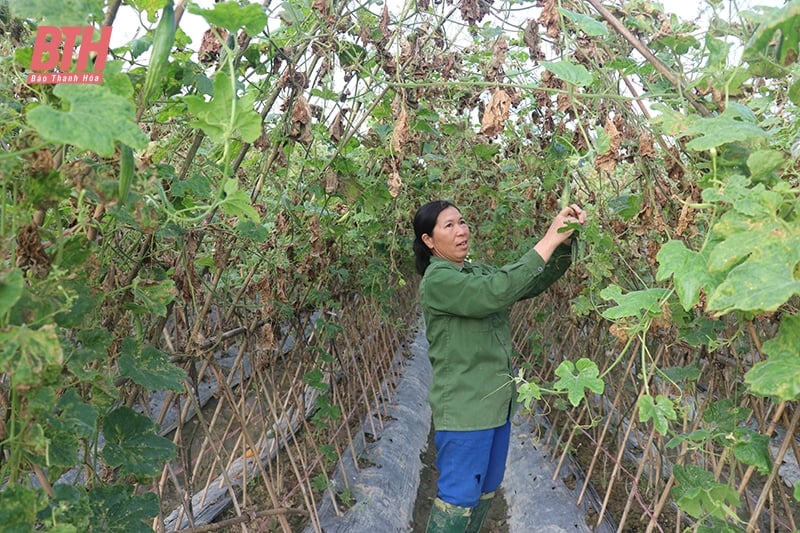
![[Photo] Prime Minister Pham Minh Chinh meets with Hungarian President Sulyok Tamas](https://vphoto.vietnam.vn/thumb/1200x675/vietnam/resource/IMAGE/2025/5/29/dbcaa73e92ea4448a03fe1d0de6d68e8)


![[Photo] Vietnamese and Hungarian leaders attend the opening of the exhibition by photographer Bozoky Dezso](https://vphoto.vietnam.vn/thumb/1200x675/vietnam/resource/IMAGE/2025/5/29/94d8ceca5db14af3bf31285551ae4bb3)
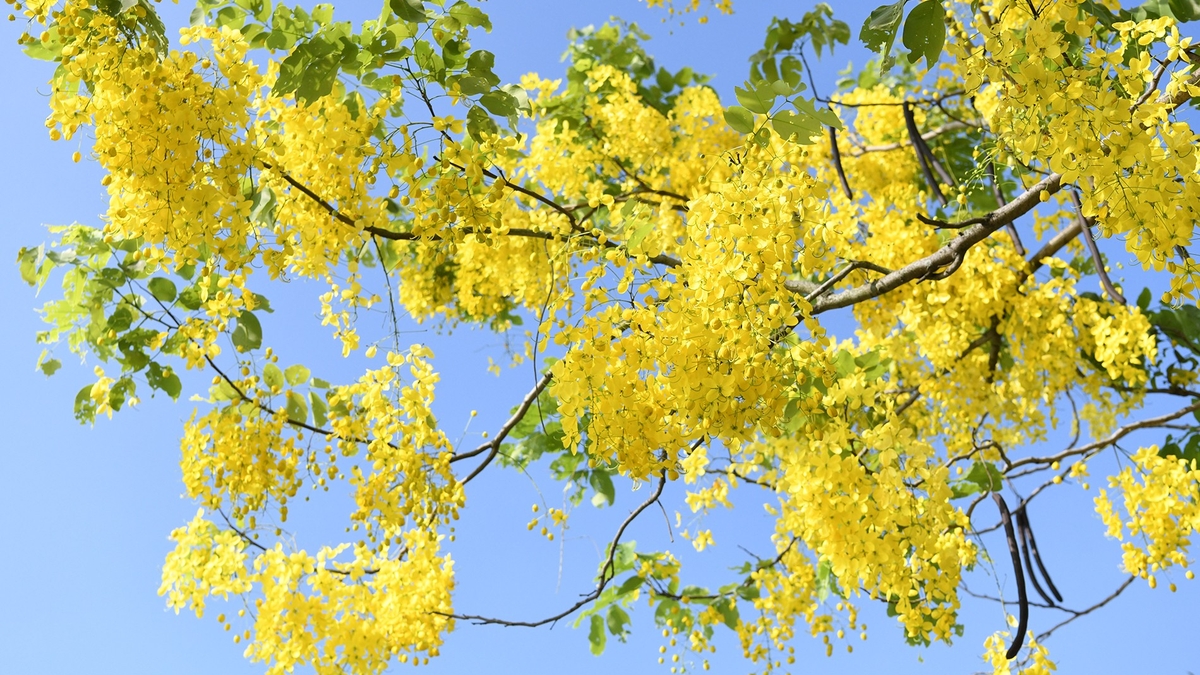
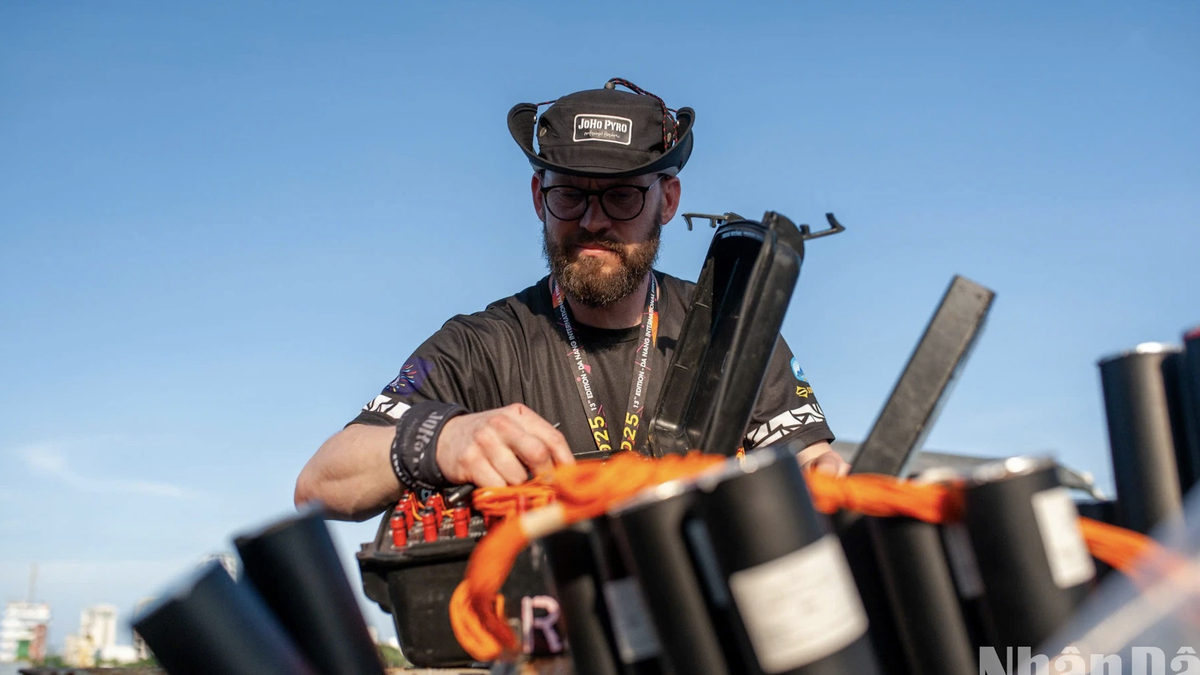
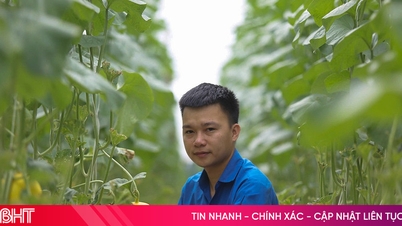

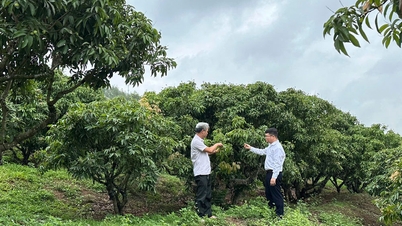

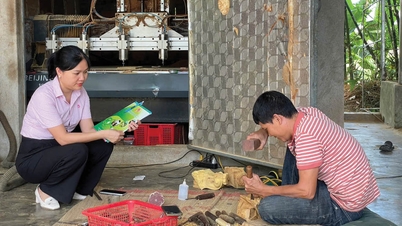



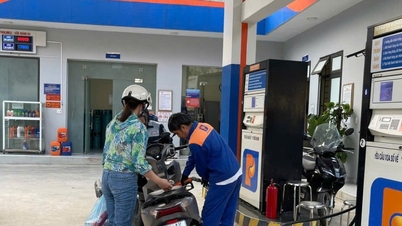






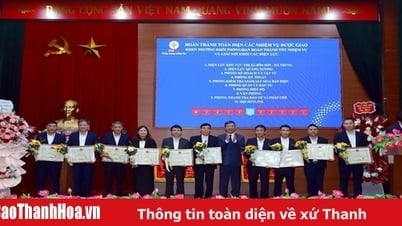


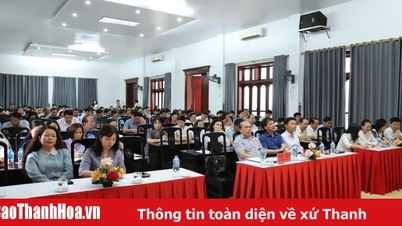

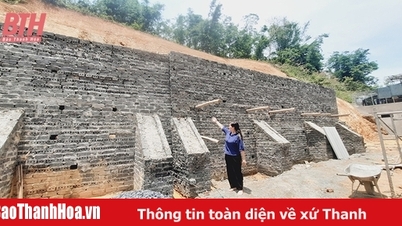
![[Photo] Prime Minister Pham Minh Chinh receives a bipartisan delegation of US House of Representatives](https://vphoto.vietnam.vn/thumb/1200x675/vietnam/resource/IMAGE/2025/5/28/468e61546b664d3f98dc75f6a3c2c880)



















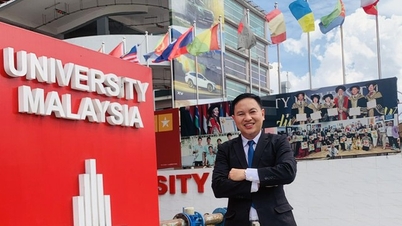








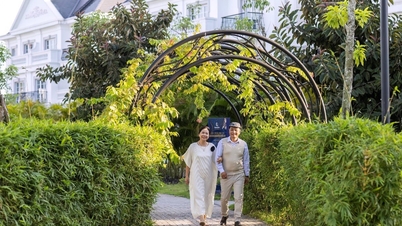
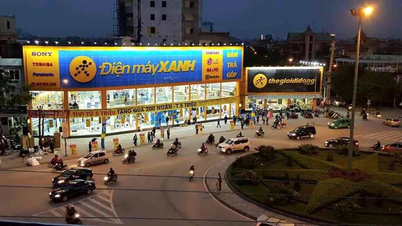








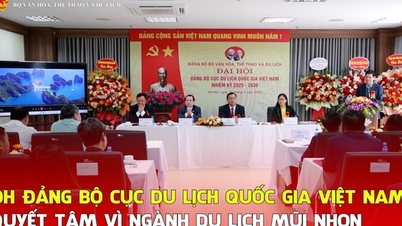

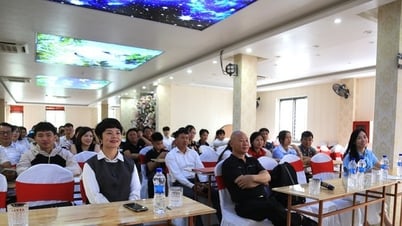
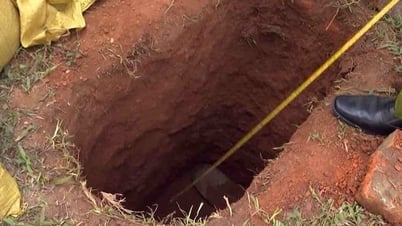
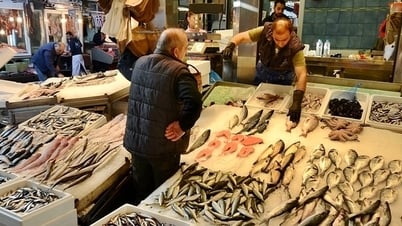

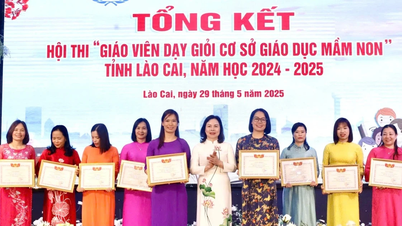








Comment (0)